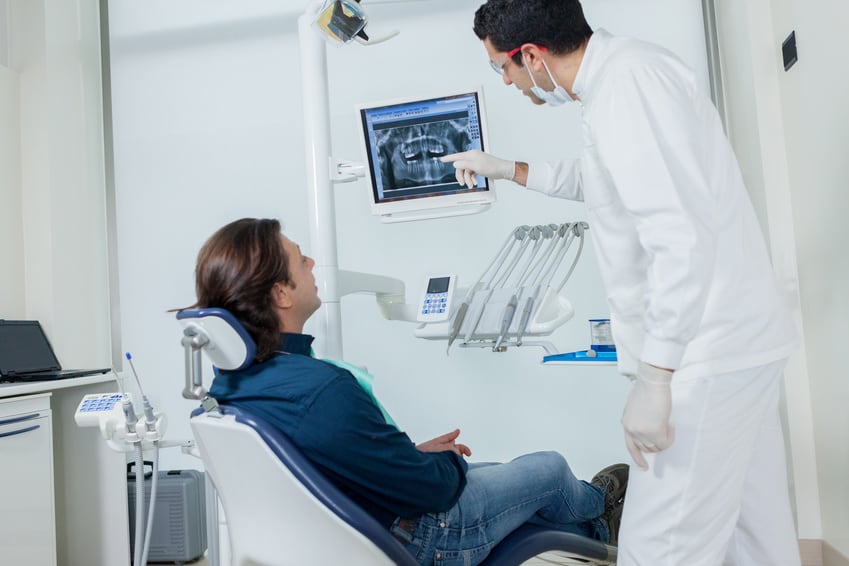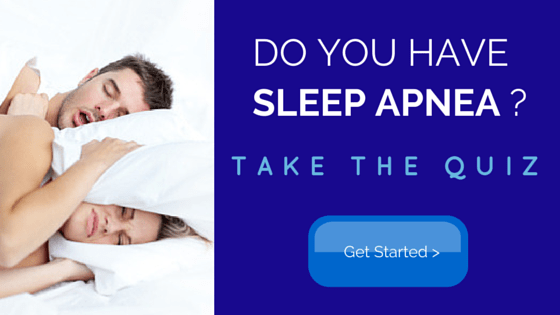What to Expect at Your Consultation for Oral Appliance Therapy

At the same time, snoring and sleep apnea treatment doesn’t always go as planned, and we know that can be frustrating for patients. Our practice regularly sees individuals who have already sought treatment for snoring or sleep apnea, but the treatment option they’ve been prescribed – CPAP therapy – is difficult for them to use on a regular basis. Many of these unhappy CPAP users have lost hope that there’s an effective treatment option out there that doesn’t involve surgery.
The purpose of this blog post is to address the different types of patients on this spectrum, from “untreated” to “unhappily treated with CPAP”, in order to debunk the myth that effective snoring and sleep apnea treatment requires drastic, invasive measures. We’ll explain what oral appliance therapy is and how it can be an effective CPAP alternative. In addition, we’ll explain exactly what you can expect at your oral appliance therapy consultation so there are no surprises in store when you walk into the office to meet with your dental sleep specialist for the first time.
What is oral appliance therapy?
Before getting into what a consultation for oral appliance therapy involves, it’s important to have a basic understanding of what this treatment method is and how it works. Oral appliance therapy (OAT) is an alternative treatment option to CPAP that involves the use of a small, custom-made dental device that’s worn in the mouth at night like a mouth guard. It works by repositioning the jaw and tissues in the throat, reducing the chances of airway obstruction (and tissue vibrations) that are characteristic of obstructive sleep apnea and chronic snoring.
Due to their non-invasive nature, easy wearability and small, sleek design, oral appliances offer a number of appealing features. For patients who complain about the bulky, noisy, restrictive nature of the CPAP mask, oral appliance therapy can be a great alternative.
While it has many appealing aspects, oral appliance therapy is not the perfect option for every snorer or sleep apnic. In order to determine whether you’re a good candidate for this treatment, you must start with a consultation.
What happens at an oral appliance therapy consultation?
An oral appliance therapy consultation involves a number of different steps. The initial visit usually includes the following:
- Taking your medical history
- Doing a physical examination of your teeth and upper airway
- Taking dental X-rays (if necessary)
- Determining whether a home sleep study is necessary (only done in cases where sleep apnea is suspected in order for the doctor to make an accurate diagnosis)
All of these steps will help your dental sleep specialist learn about your snoring, identify whether you are at risk for sleep apnea, and to pinpoint whether your breathing obstruction is being caused by symptoms that would be improved using an oral appliance device.
So I’m a candidate for oral appliance therapy, now what?
If our dental sleep specialist determines that you are someone who would benefit from the use of an oral appliance device, the next steps involve:
- Determining which type of oral appliance is best suited to your needs (a tongue retaining device vs. a mandibular advancement device)
- Taking dental impressions of your upper and lower teeth
- Taking a bite registration
- Fabricating your custom oral appliance
The whole process, from initial consultation to taking home your new oral appliance, can take several weeks to complete. This includes the examination, selection of the most appropriate oral appliance, as well as fitting to maximize the adaption and function of the appliance. Ongoing maintenance and check-ups with your dental sleep specialist will also be important in order to ensure that the device is in good condition and that it is fitting and working properly.
How to get started with a consultation for oral appliance therapy in Philadelphia today
Whether you’re a chronic snorer who has been putting off treatment or you’re a non-compliant CPAP user looking for a better solution, oral appliance therapy may be the option you’ve been waiting for. It’s a small device, but it can make a huge difference in the lives of those suffering from snoring and sleep apnea.
Still not convinced that your snoring is something you need to get evaluated by a doctor? Take this short online quiz in order to evaluate your snoring intensity and level of risk for sleep apnea.
Now that you know what to expect at your oral appliance therapy consultation, contact us today or fill out the form on this page to schedule an appointment at our office in Center City, Philadelphia. Our top priority is to help you achieve the restful, restorative sleep that you deserve.

